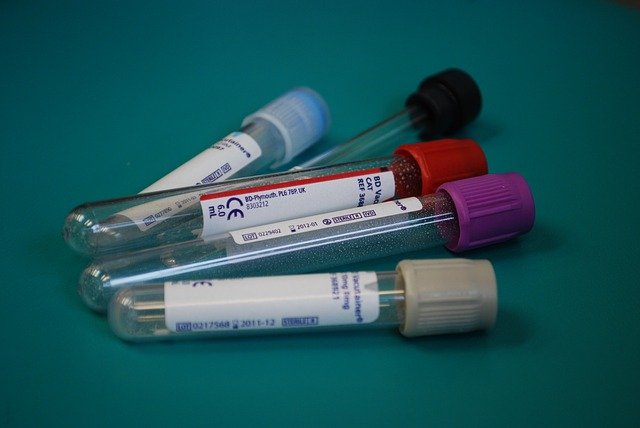
New research from Karolinska Institutet shows that the blood test together with magnetic resonance imaging (MRI) and targeted prostate biopsies may lead to better diagnosis of the disease.
The study compares traditional detection of prostate cancer with a novel practice using a blood test, the Stockholm3 test, in combination with MRI and targeted prostate biopsies.
The results show that the new diagnostic method decreased the number of biopsy procedures with 38% and the number of men getting a diagnose with a harmless disease by 42%.
At the same time, the number of men diagnosed with potentially harmful cancer increased with 10%.
The study was performed in collaboration with Swedish (Stockholm) and Norwegian (Oslo, Tönsberg) urology practices and includes 532 men.
In the European Union, prostate cancer is the most frequently diagnosed cancer among men, with around 365,000 new cases yearly and 77,000 men dying from prostate cancer.
Current practice includes a so-called PSA test and systematic prostate biopsies where 10-12 samples are taken from the prostate.
The PSA test has been controversial because it only poorly differentiates between lethal and harmless prostate cancer.
The Stockholm3 test is an alternative test method that combines five biomarkers, over 100 genetic markers and clinical data such as age, previous biopsies and family history of prostate cancer to better assess the risk of potentially harmful prostate cancer.
The Stockholm3 test was developed by researchers at Karolinska Institutet in collaboration with Thermo Fisher Scientific.
The team suggests that the study confirms previous findings showing the value of the Stockholm3 test as part of the diagnosis of prostate cancer.
This means that more men get a correct diagnosis and treatment and that the method can decrease unnecessary discomfort and risks.
The research was funded by the Swedish Cancer Society, the Swedish Research Council, the Swedish Research Council for Health, Working Life and Welfare, The Strategic Research Programme in Cancer at Karolinska Institute (StratCan), Karolinska Institutet och The Swedish e-Science Research Centre (SeRC).
The study is published in European Urology.
Copyright © 2018 Knowridge Science Report. All rights reserved.



